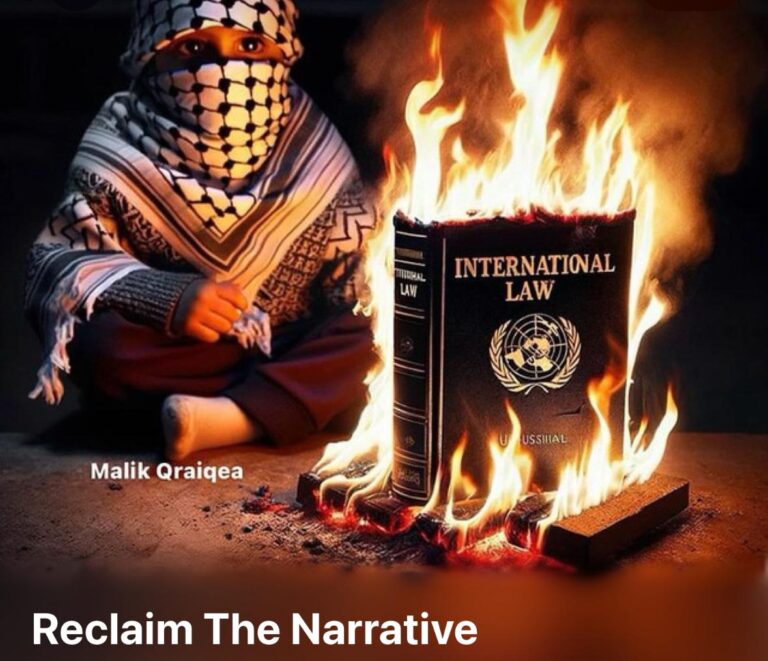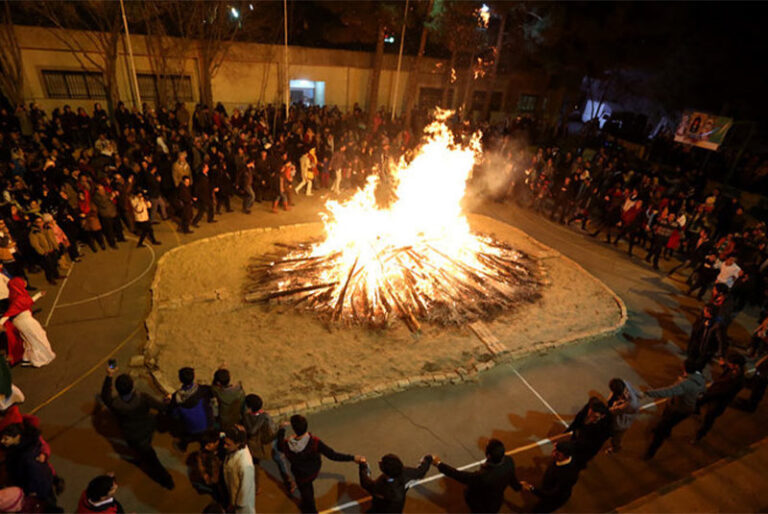All “UN Security Council” resolutions are legally binding, whether done under chapter 6 or 7.
I ran a poll on X yesterday, which has raised the question – does it?
Because Israel is not just classified as a state by the majority of the world, it is ALSO classified as an illegal occupier by pretty much the entire world, as codified in the UN Security Council resolution 2334 (which is legally binding).
With a state that is simply classed as a state – and not also an illegal occupier, then the question of whether it has a right to defend itself, doesn’t even arise.
With Israel, because it is both – it actually raises a serious legal and moral question.
Israel doesn’t run the illegal occupation in the occupied territories (OPTs) via a separate legal entity, it runs the illegal occupation centrally from sovereign Israel.
We have an active case study to compare with; Russia v Ukraine.
Today, Russia illegally occupies large parts of eastern Ukraine, just like Israel illegally occupies large parts of Palestine, including East Jerusalem.
The international community, based on international, doesn’t consider these territories to be Russia’s or Israel’s respectively.
So, there is a consistency there at least.
Now, if we see Ukraine attack Russia, not just in eastern Ukraine but also inside sovereign Russia, which it has done, and Russia has retaliated, the international community hasn’t ever said that “Russia has a right to defend itself”.
It has merely warned Ukraine against attacking inside sovereign Russia, so things don’t escalate – even though Russia is the illegal occupier.
Under international law, the illegally occupied has a legal right to fight back, the illegal occupier is offered no such rights.
Because for the illegal occupier to “fight back”, it would by default mean it is fighting back to maintain their illegal occupation.
And illegal occupation is unacceptable under international law.
None of this though gives the illegally occupied the right to target civilians, that’s also clear under international law.
But having “Israel has a right to defend itself” on auto-repeat, doesn’t take the realities into account, and is an egregious case of double-standards.
We can ask the Palestinians as we do the Ukrainians, to not attack inside the sovereign states of their illegal occupiers.
We can ask the Palestinians as we do the Ukrainians, to not target the civilians of their illegal occupiers.
But it’s not consistent if we say “Israel has a right to defend itself”, whilst telling the Ukrainians not to attack inside sovereign Russia.
Because when Palestine attacks inside sovereign Israel, and we say “Israel has a right to defend itself”, the equivalent would be to say “Russia has a right to defend itself”, when Ukraine attacks inside sovereign Russia.
This legal and moral inconsistency with regard to Palestine and Israel, has done nothing but lead us into the abyss.
Things must profoundly change.
We need to replace the auto-repeat from “Israel has a right to defend itself”, to: Palestinians have a right to a sovereign state!














